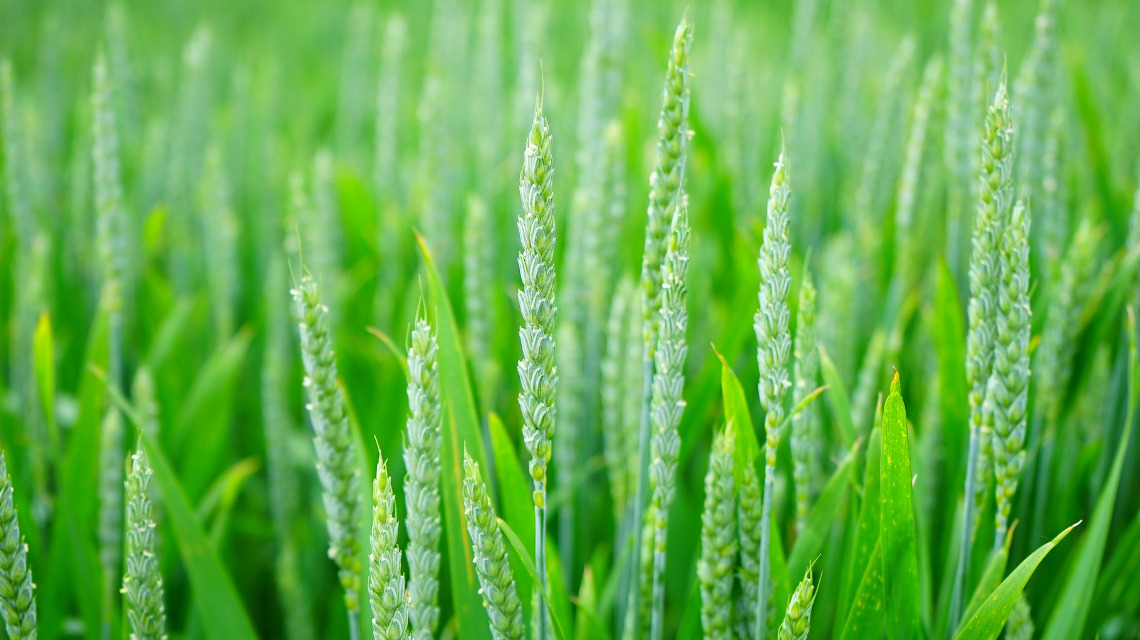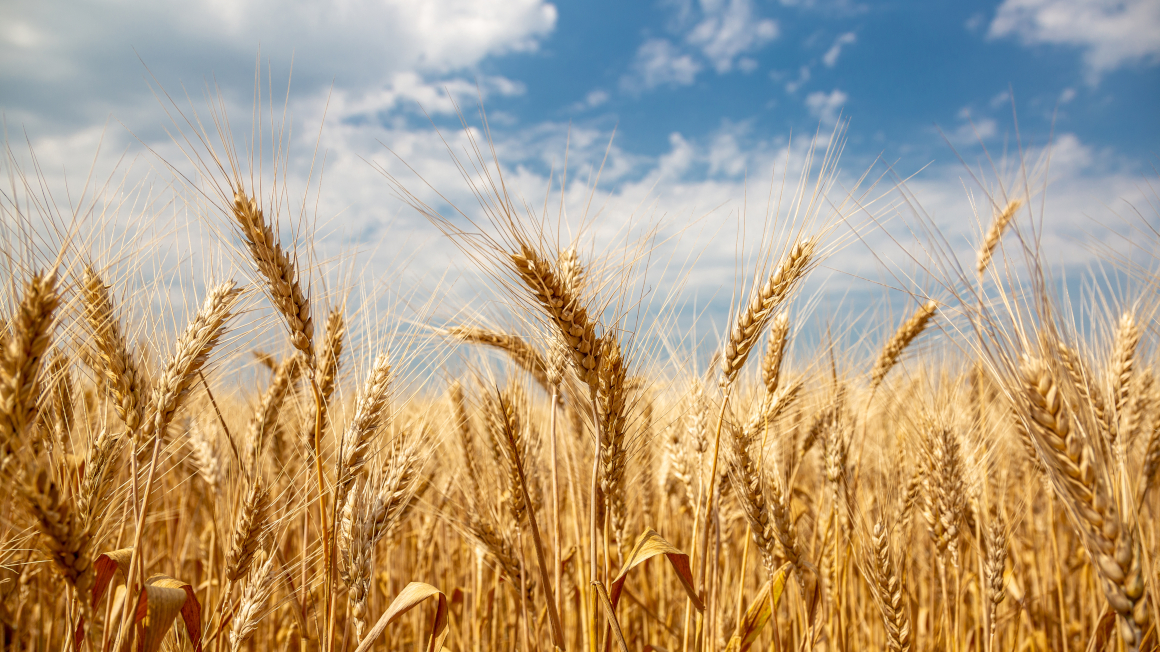Making use of the plant's defences
A new research consortium plans to investigate the natural defences of wheat in order to protect the plant against diseases and pests.

Last summer, heat and drought have afflicted farmers in many places and caused enormous harvest losses. The damage caused to farmers in Germany was estimated by the Federal Ministry of Food and Agriculture at 770 million euros.
Extreme weather conditions make plants more susceptible to disease and pest infestation. This also endangers wheat production in Germany and large parts of Europe.
In the VolCorn project, a consortium of four non-university research institutes is investigating and specifically using the natural defences of wheat. The project is funded with around one million euros by the Leibniz Association and coordinated by the Leibniz Centre for Agricultural Landscape Research (ZALF).
Focus on the interaction between plants and microbiota
The researchers are focusing on the microbial community in and on the plant. This is based on the assumption that, similar to humans, the microbiota can also protect plants from diseases or pest infestation under climate-related stress. The team is convinced that the microbes improve the plant's immune system and nutrient supply by interacting with volatile organic compounds (VOCs) produced by the plant itself.
Using microbes specifically for wheat breeding
Over the next three years, the team hopes to identify all those substances that are formed during the interaction of plants and microbiota in order to protect themselves from climate-related stress. “If we succeed in identifying these VOCs, then we might breed new wheat varieties and specifically introduce microbes that produce particularly large amounts of these VOCs during certain growth phases. This would make the plants more climate-resistant and would stabilize the yields in the future”, says Steffen Kolb, coordinator of the project at ZALF.
bb/um


